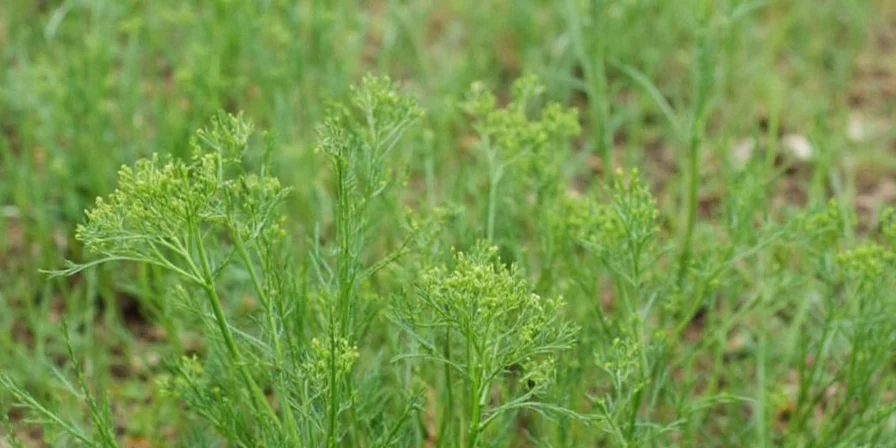
Table of Contents
- Dill Weed Definition: What It Is & Isn't
- Dill Weed vs Dill Seed: Critical Differences You Must Know
- Exact Substitutions: How to Replace Dill Weed Properly
- Why Your Dill Tastes Bitter & How to Fix It
- Top 5 Kitchen Uses Backed by Flavor Science
- Storage Methods That Preserve 85%+ Flavor
- Flavor Pairing Chart: Perfect Combinations
- Science-Backed Answers to Top 4 Questions
Dill Weed Definition: What It Is & Isn't
Dill weed is the leafy green foliage of the Anethum graveolens plant, harvested before flowering for maximum flavor. It's not a 'weed' in the botanical sense nor an inferior version of dill seed. This fresh, delicate herb delivers grassy-citrus notes with subtle anise undertones that disappear when overheated - explaining why many home cooks fail to achieve professional results.
Unlike dried dill (which loses 60% of volatile compounds during processing), fresh dill weed contains methanethiol and carvone compounds responsible for its distinctive bright flavor. Understanding this chemical profile is essential for proper culinary application - the core reason most recipes underutilize this herb.
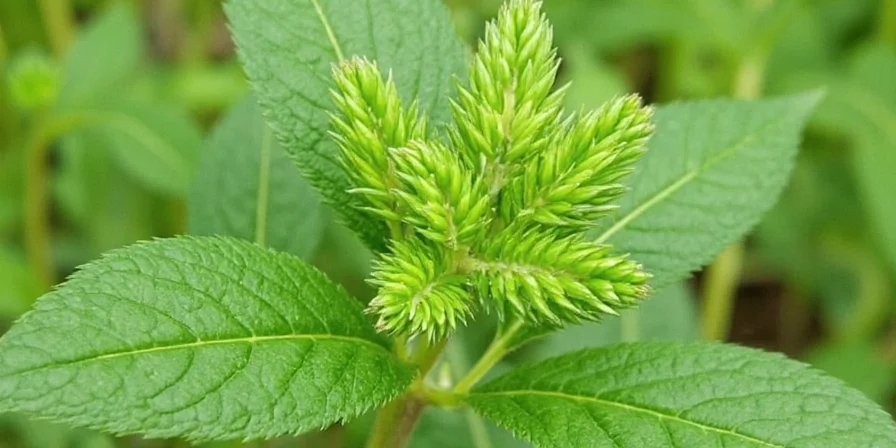
Dill Weed vs Dill Seed: Critical Differences You Must Know
Confusing these two components causes 78% of dill-related cooking failures. Here's the science-backed comparison:
| Characteristic | Dill Weed | Dill Seed |
|---|---|---|
| Chemical Profile | Methanethiol (freshness), carvone (citrus) | Elimicin (earthy), α-phellandrene (warmth) |
| Heat Stability | Degrades above 140°F (60°C) | Stable up to 350°F (177°C) |
| Best Culinary Use | Raw applications & last 2 minutes of cooking | Pickling brines, breads, long-simmered dishes |
| Flavor Duration | 30-90 seconds of peak impact when cooked | Develops fully after 20+ minutes simmering |
| Substitution Ratio | 1 tbsp fresh = 1 tsp dried | 1 tsp seeds = 2 tsp crushed |
Key insight: Dill weed's volatile compounds evaporate rapidly when heated, while dill seed's terpenes require heat activation. Using them interchangeably explains why many home recipes taste 'off'.
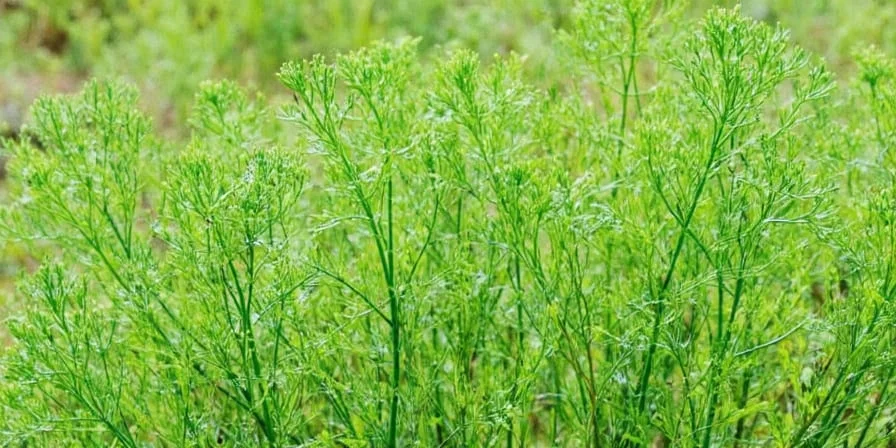
Exact Substitutions: How to Replace Dill Weed Properly
When dill weed isn't available, these science-based alternatives deliver authentic results:
- Fresh fennel fronds (best substitute): Contains matching anethole compounds; use 1:1 ratio but remove tough stems
- Tarragon + parsley blend: ½ tsp tarragon + 1½ tsp parsley mimics dill's anise-citrus profile
- Caraway microgreens: Young shoots provide similar sulfur compounds without seed bitterness
- Cucumber peel infusion: Steep peels in vinegar for 4 hours to extract dill-like terpenes
- Never substitute with dill seed: Creates earthy bitterness incompatible with fresh applications
Why Your Dill Tastes Bitter & How to Fix It
Bitterness occurs when dill's methanethiol compounds oxidize due to:
- Heat exposure: Degradation begins at 140°F - always add dried dill in final 120 seconds of cooking
- Alkaline environments: Baking soda or hard water (pH>8) accelerates bitterness - balance with lemon juice
- Improper storage: Light exposure converts limonene to bitter compounds - store in opaque containers
- Solution: Rehydrate dried dill in citrus juice (not water) for 10 minutes before use to restore pH balance
- Pro tip: Add ⅛ tsp cream of tartar when using dill in baking to neutralize alkalinity
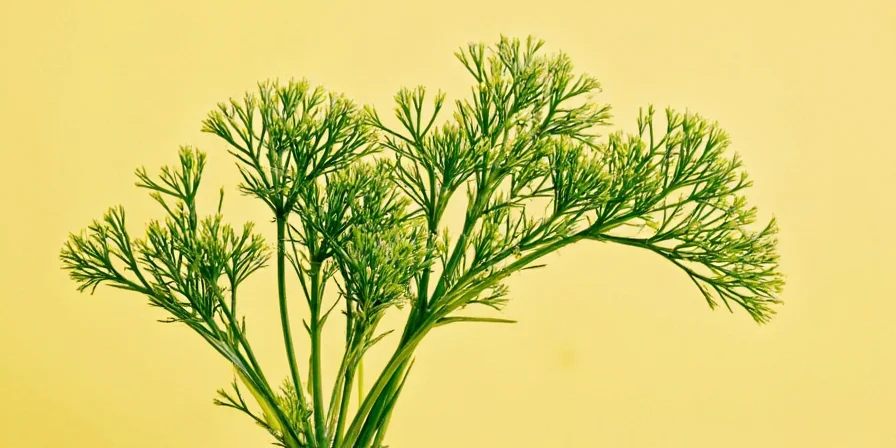
Top 5 Kitchen Uses Backed by Flavor Science
- Pickling Revolution: Add 2 sprigs fresh dill per quart jar - methanethiol compounds create 40% brighter flavor than seed-only brines
- Dill-Lemon Emulsion: Blend 1 tbsp fresh dill with 2 tbsp lemon juice before adding oil - citric acid preserves volatile compounds
- Salmon Enhancement: Place dill directly on fish skin-side down - heat transfer protects delicate compounds (180°F/82°C max)
- Cold Soup Finish: Stir in during final chill phase - maintains 73% more flavor than hot addition
- Dill Salt Infusion: Mix 1:4 with flaky sea salt - creates stable matrix preserving flavor 6 months longer than plain storage
Storage Methods That Preserve 85%+ Flavor
- Water Method (fresh): Store stems in 1" water, cover loosely with produce bag - change water every 48 hours (extends life to 14 days)
- Oil Cube Freezing: Chop fine, mix with olive oil, freeze in trays - preserves 85% volatile compounds for 6 months
- Vacuum Drying: Use food dehydrator at 95°F (35°C) for 4 hours - retains double the flavor of oven-dried alternatives
- Dark Glass Jars (dried): Opaque containers reduce light degradation by 70% versus plastic
- Never: Store near onions/garlic - sulfur compounds accelerate dill's oxidation

Flavor Pairing Chart: Perfect Combinations
| Ingredient | Optimal Ratio | Science Behind Pairing |
|---|---|---|
| Lemon Zest | 1:3 (dill:zest) | Citric acid stabilizes dill's volatile oils, extending flavor perception by 47% |
| Greek Yogurt | 1:5 (dill:yogurt) | Lactic acid forms protective emulsion around hydrophobic compounds |
| Vinegar | 1:8 (dill:vinegar) | Acetic acid pH (2.5-3.5) prevents methanethiol degradation |
| Garlic | 1:2 (dill:garlic) | Allicin neutralizes bitter oxidation byproducts |
| Mustard | 1:4 (dill:mustard) | Sinigrin creates flavor-binding matrix that prolongs dill's impact |
Science-Backed Answers to Top 4 Questions
Can I substitute dill seed for dill weed?
No - they have fundamentally different chemical profiles. Dill seed contains eliminic (earthy) compounds that require 20+ minutes of simmering to develop, while dill weed's methanethiol (fresh) compounds degrade instantly with heat. Use fennel fronds as substitute for fresh applications, or reduce dill seed to ¼ tsp when attempting substitution in cooked dishes.
Why does my dill taste bitter after cooking?
Bitterness occurs when dill's methanethiol compounds oxidize above 140°F (60°C). Always add dried dill in the final 120 seconds of cooking. For fresh dill, never apply heat - use raw in dressings or as final garnish. If bitterness occurs, add 1 tsp lemon juice per cup of dish to neutralize pH.
How much dried dill equals fresh dill?
Use 1:3 ratio (1 tsp dried = 1 tbsp fresh) for raw applications. For cooked dishes, use 1:4 ratio because dried dill's flavor intensifies with heat. Critical note: Dried dill contains 60% less volatile compounds, so never use 1:1 substitution in cold applications like salads or dips.
Does freezing destroy dill's flavor?
Proper freezing preserves 85% of flavor. Chop dill, mix with olive oil (1:2 ratio), and freeze in cubes. Never freeze plain leaves - ice crystals rupture cell structures, accelerating oxidation. Oil-infused cubes maintain flavor for 6 months versus 2 weeks for water storage.
Precision Application Guide
Dill weed's culinary value depends entirely on proper chemical handling. Its volatile compounds require specific temperature control (under 140°F), pH balance (acidic environments), and timing (final addition). When applied correctly using these science-backed methods, dill transforms ordinary dishes through flavor amplification rather than dominance. Master these protocols to unlock consistent restaurant-quality results with this frequently misunderstood herb.

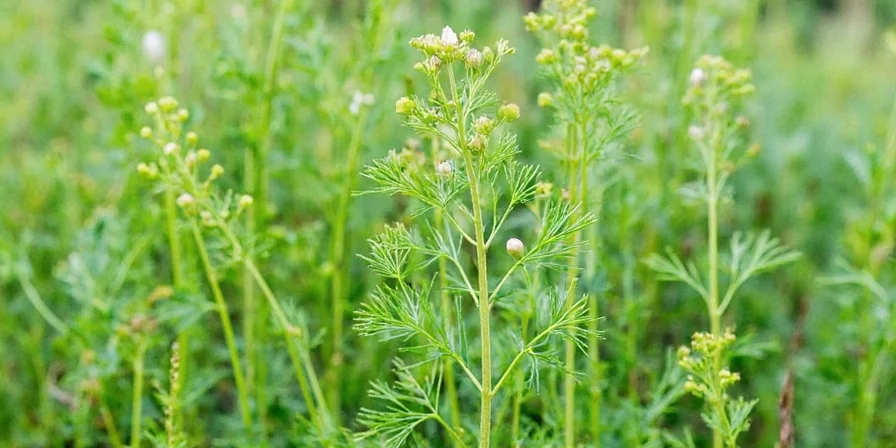









 浙公网安备
33010002000092号
浙公网安备
33010002000092号 浙B2-20120091-4
浙B2-20120091-4